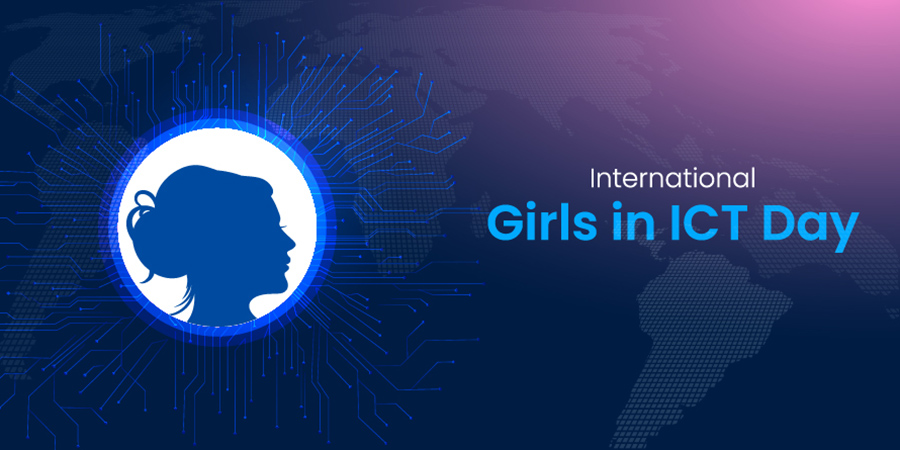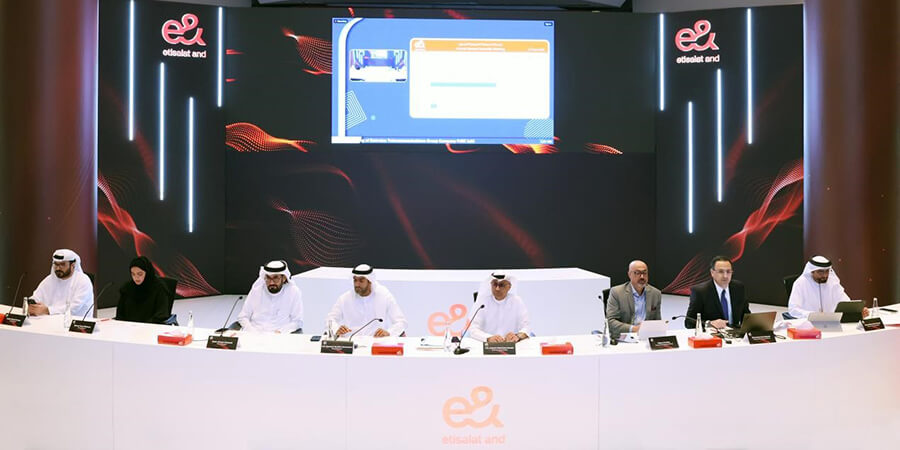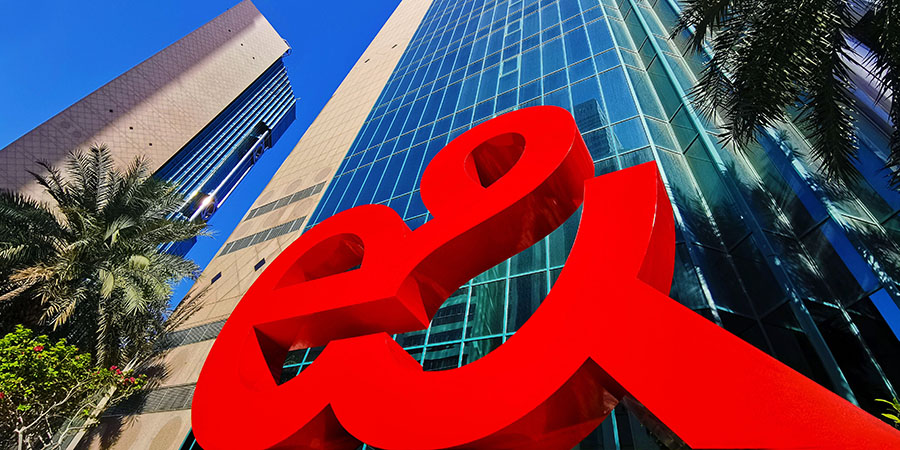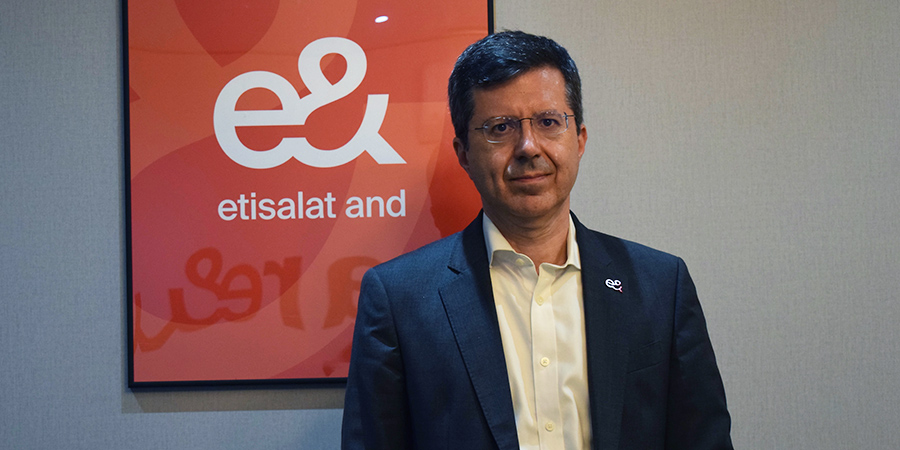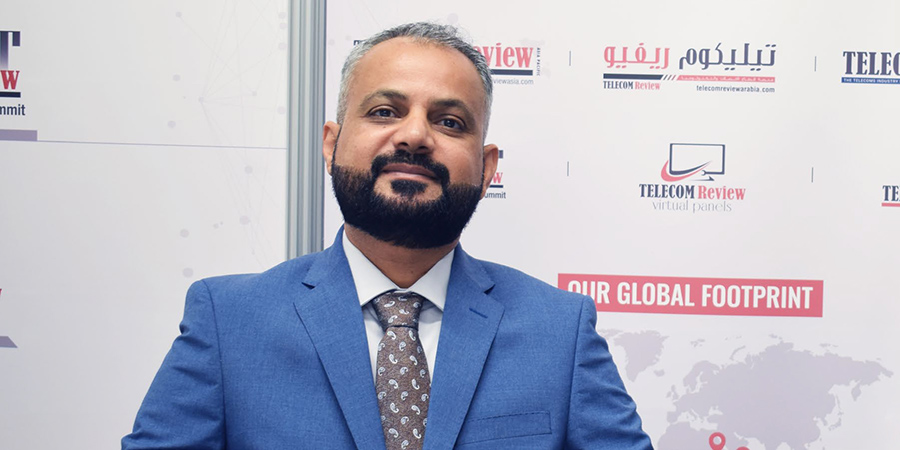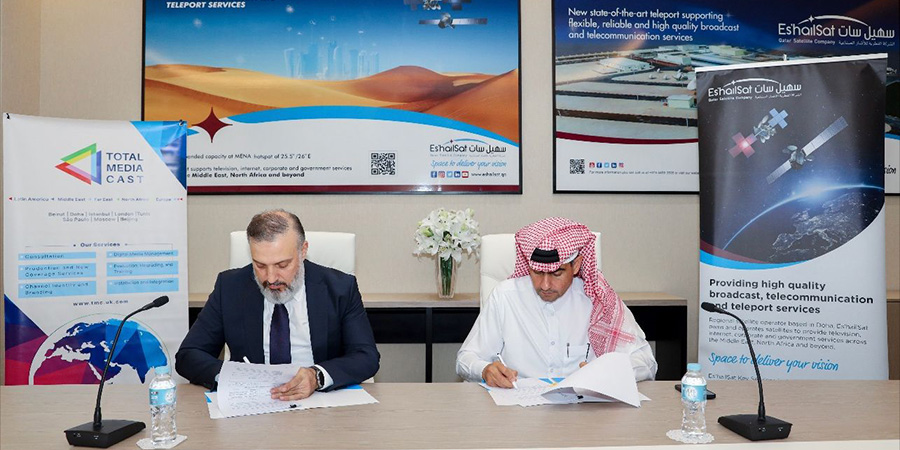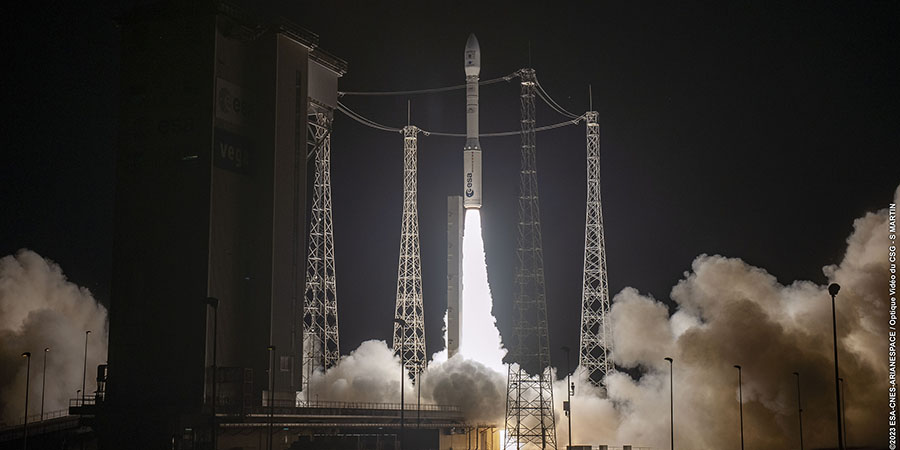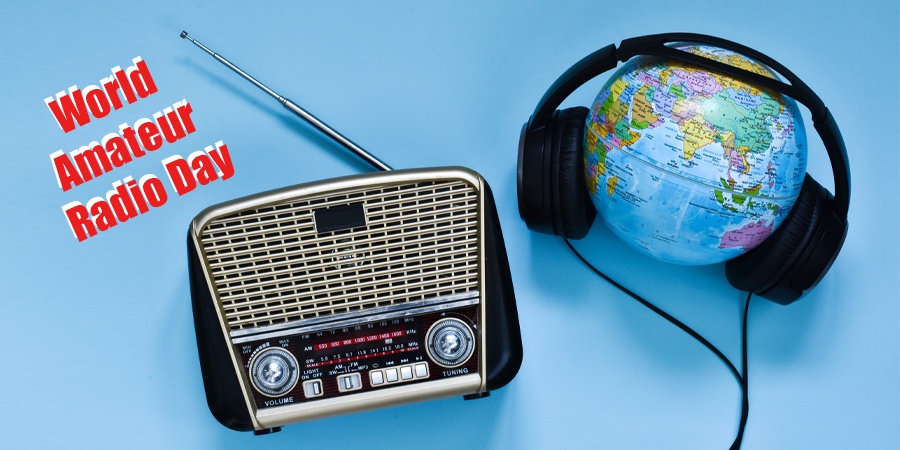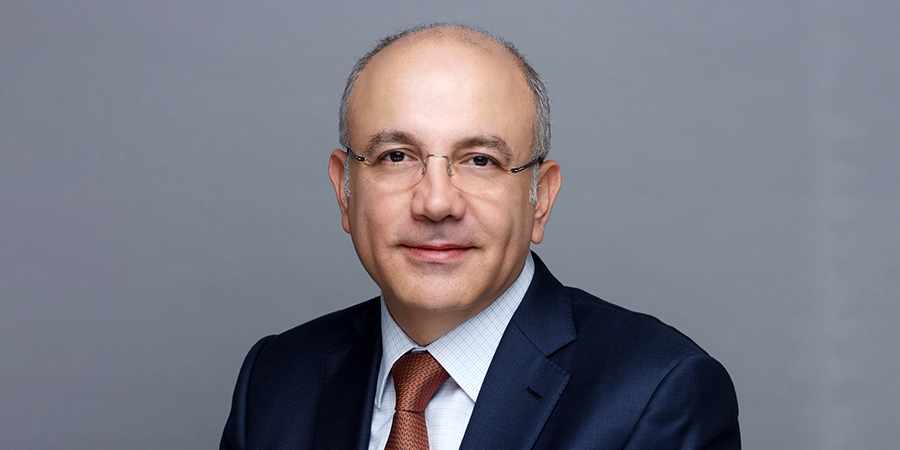Britain is set to phase out Huawei equipment from its 5G mobile networks this year, the U.K. press has reported. If so, it marks a major U-turn in the government’s position on the Chinese telecommunications giant.
The government is drawing up plans to strip Huawei gear from Britain’s next-generation networks by the end of the year, The Sunday Times and The Daily Telegraph newspapers reported.
It comes after London said in January that Huawei could play a limited role in Britain’s 5G networks, a move which angered the U.S. as it sought to get other countries to block the Chinese company.
Washington maintains that Huawei is a national security risk, alleging its equipment could be used by Beijing for espionage. Huawei has repeatedly denied the claim.
The apparent policy reversal was driven by a new report from a branch of British intelligence agency GCHQ that raised new security fears over Huawei following U.S. moves to cut off the Chinese firm from key chips.
China's ambassador to Britain has warned that London faced a risk to its international reputation if it blocked Huawei from the nation's 5G network.
The Financial Times said the government will decide this month to phase out the Chinese technology giant's equipment because of persistent concerns about spying.
A UK security investigation, yet to be published, has raised "very, very serious" questions over Huawei's limited 5G role in Britain, the newspaper added.
Culture Secretary Oliver Dowden said separately he had received the National Cyber Security Centre report and there would be a "significant" impact on Huawei's 5G role.
But Beijing's top envoy in London, Liu Xiaoming, described Huawei's involvement as a "win-win" for both the company and UK-China relations.
"We have tried our best to tell the story of Huawei but we can't control the British government decision," he told a news conference.
However he warned that if Huawei was rejected, it could impact Britain's international standing and erode the trust of other existing or potential overseas investors.
He suggested it would be an example of Britain succumbing to "foreign pressure", in a clear reference to Washington's position on Huawei.
British Prime Minister Boris Johnson is under intense pressure from the US, and members of his own ruling Conservative Party, to cut ties with Huawei.
US officials argue that the company could spy on Western communications or simply shut down the UK network under orders from Beijing - a charge the company denies.
Huawei's position has been complicated further by Washington's decision to roll out a new wave of sanctions to cripple the company's production of the chips used in 5G.
The FT said Johnson was drawing up plans to remove the Huawei technology from Britain's 5G network after warnings that the US sanctions could curtail the company's access to American semiconductors and force it to use riskier supplies.
Ambassador Liu rejected claims China was a "hostile country".
"We want to be your friend, we want to be your partner but if you want to make China a hostile country you have to bear the consequences," he added.



